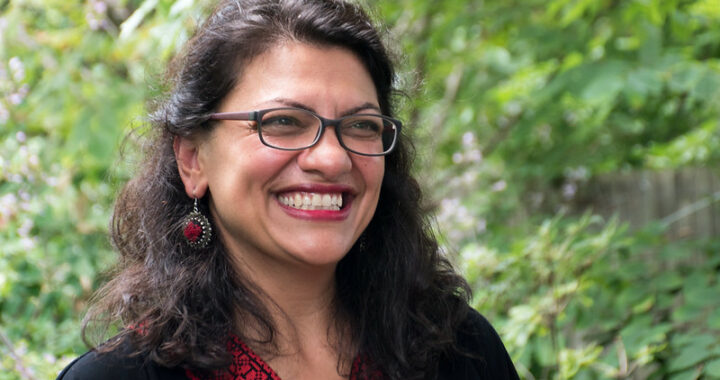Amidst Accusations of Antisemitism, Rashida Tlaib Faces Censure Resolution for Israel Comments
by Patrick Wilson
Rep. Rashida Tlaib (D-Mich.) stands at the center of a contentious debate surrounding her recent comments about Israel, which have prompted a censure resolution introduced by Rep. Marjorie Taylor Greene (R-Ga.). The resolution, which accuses Tlaib of “antisemitic activity” and “leading an insurrection” at the US Capitol complex, has sparked a firestorm of controversy and ignited a heated debate over free speech, political activism, and the complexities of the Israeli-Palestinian conflict.
At the heart of the controversy lies Tlaib’s tweet from October 2023, asserting that Israel bombed a hospital in Gaza. This claim, which has been disputed by US intelligence agencies attributing the explosion to an errant Palestinian rocket, has drawn significant criticism and fueled accusations of misinformation.
Tlaib’s support for the Boycott, Divestment, and Sanctions (BDS) movement, which advocates for a boycott of Israel, has further intensified the scrutiny surrounding her actions. Tlaib has defended her support for BDS, characterizing it as a “peaceful” means of protest against Israeli policies.
Tlaib has vehemently denied the accusations of antisemitism, emphasizing her commitment to Palestinian rights and her right to express her views on the conflict. However, her critics maintain that her comments, particularly the hospital bombing allegation, have crossed a line, inciting anti-Semitic sentiment and perpetuating harmful stereotypes.
The censure resolution, which requires a two-thirds majority vote in the House of Representatives, faces an uphill battle towards passage. Despite its unlikely success, the resolution serves as a symbolic rebuke of Tlaib’s statements and highlights the deep-seated divisions surrounding her political stances.
The debate surrounding Tlaib’s comments underscores the complexities of the Israeli-Palestinian conflict and the delicate balance between free speech, political activism, and responsible discourse. It is crucial to engage in a respectful dialogue that acknowledges the diverse perspectives on this sensitive issue while upholding the principles of civil discourse and mutual understanding.
** This piece was created with the help of ai.















